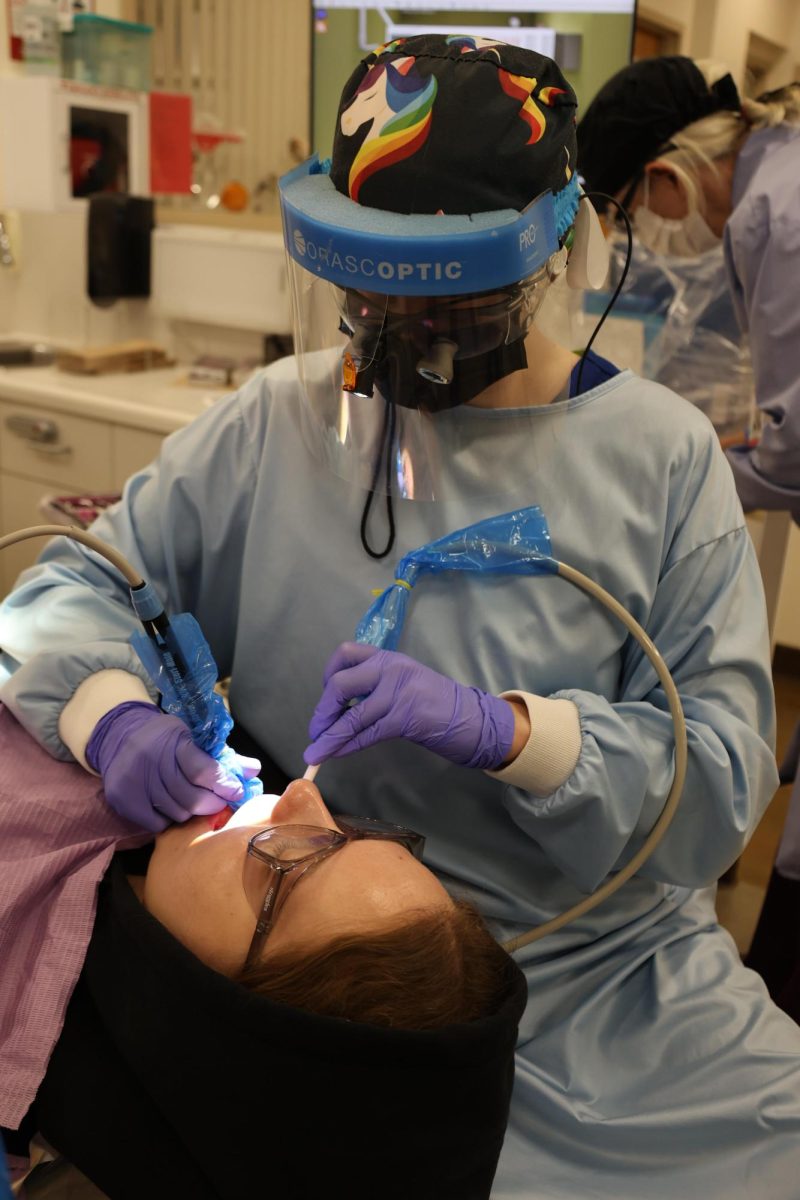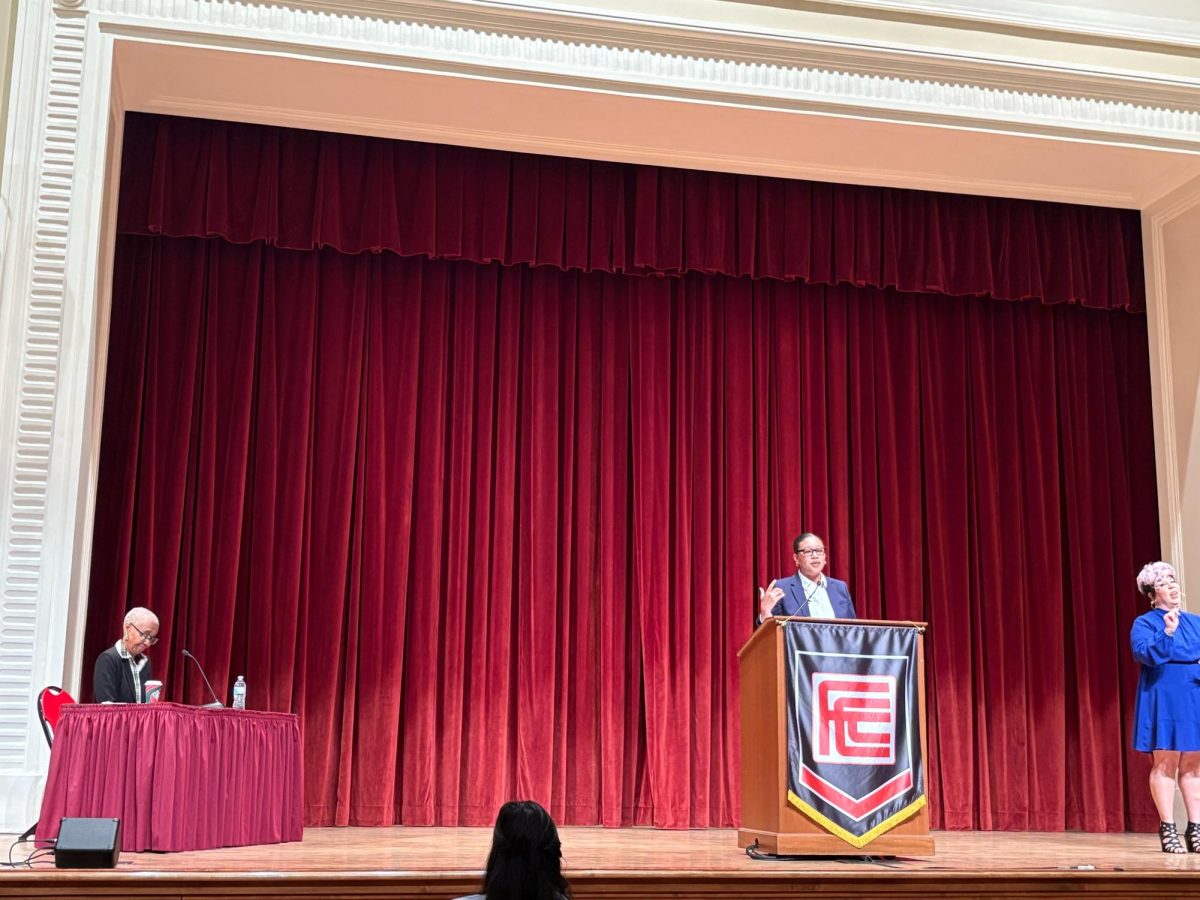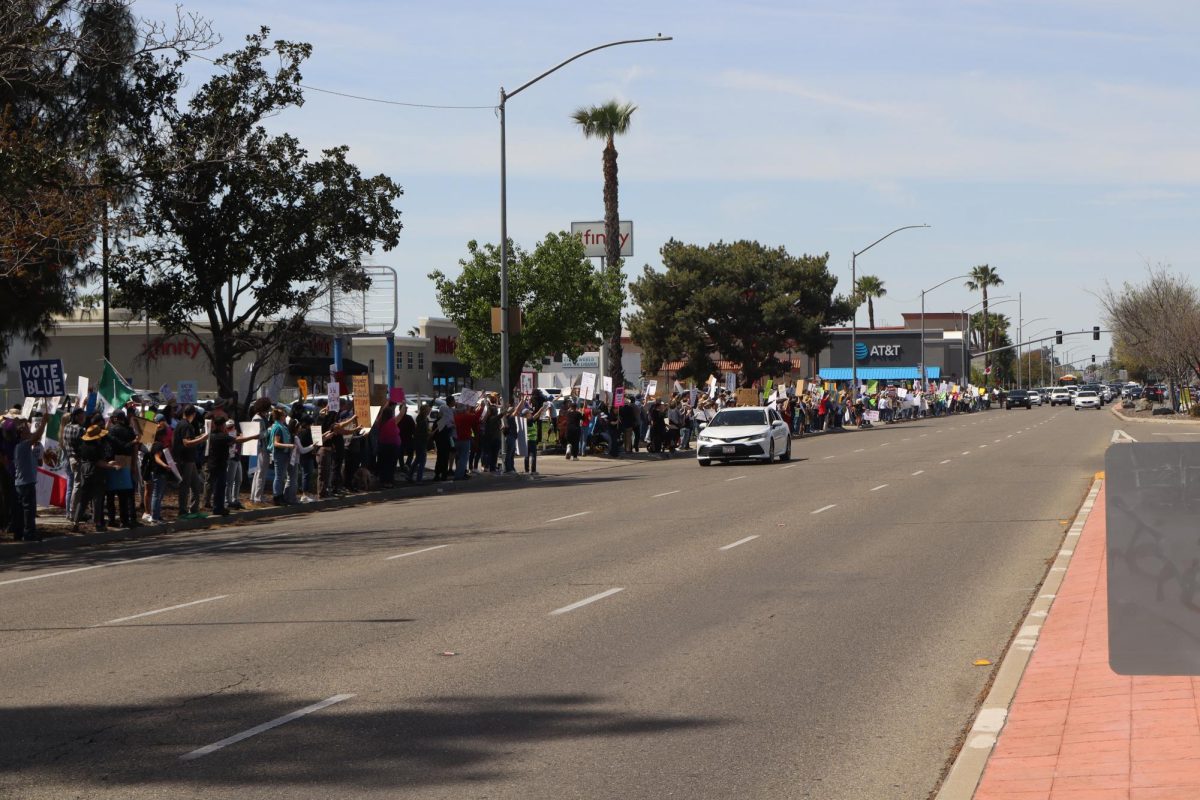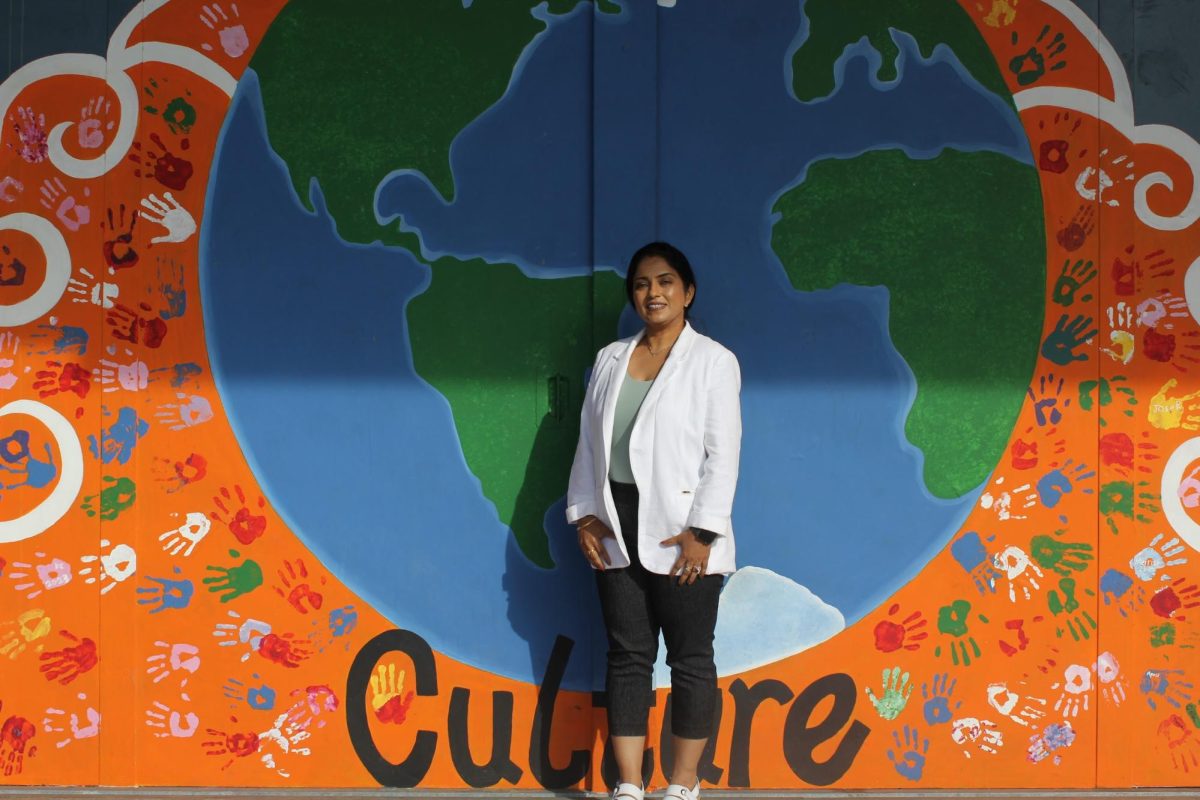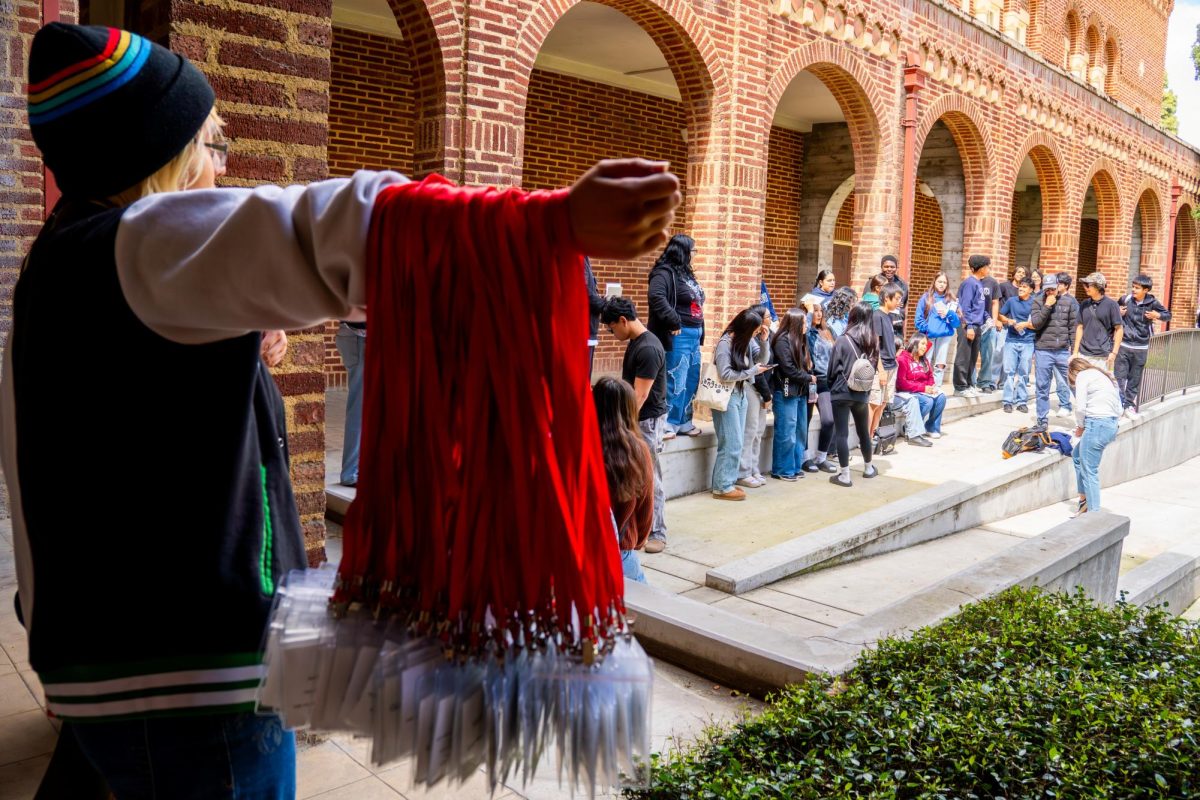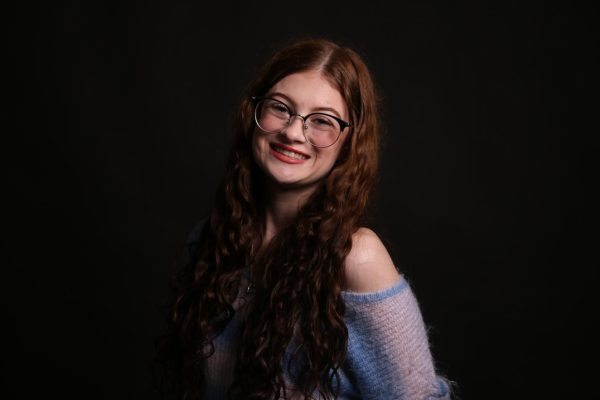Fresno City College will start offering its first bachelor’s degree in fall 2024.
As a part of the Vision 2030 plan, FCC will provide bachelor’s for dental hygiene, according to Melissa Villarin, Spokesperson for the Chancellor’s Office.
Mary Claire Ewing, a professor and a part of the 1968 graduating class, has been waiting for a program like this for a very long time.
“The work that they do is equivalent to any bachelor degree in dental hygiene, and they should really get credit for the work they’re doing,” Ewing said.
Dental hygiene students graduate with 107 credits. But to obtain a bachelor’s degree, students would need to take three additional classes.
According to FCC’s website, students who apply in the spring 2024 semester for the program will be applying for the fall 2024 bachelor of science degree in dental hygiene.
According to Joanne Pacheco, the director of the dental hygiene program, they have been trying to apply for the baccalaureate program since 2014 and were finally approved in 2022.
High end unit programs, like the dental program, are able to apply through the chancellor for an opportunity in the baccalaureate program, according to Pacheco.
At this time, FCC has not applied for any other baccalaureate programs.
Assembly Bill 927 says that community colleges are not allowed to offer the baccalaureate program if it interferes with neighboring California State Universities (CSU) or University of College (UC) schools.
The program offers a new and more affordable option to students and strives for student success, and according to Villarin, upper division coursework is approximately $84 per unit.
“Equitable baccalaureate attainment is a priority in our strategic plan, Vision 2030, and our Bachelor’s Degree Program plays a necessary role. Student success is measured at both the local and statewide level,” Villarin said.
According to Christian, students who are taking advantage of the baccalaureate program are graduating and getting livable-wage jobs.
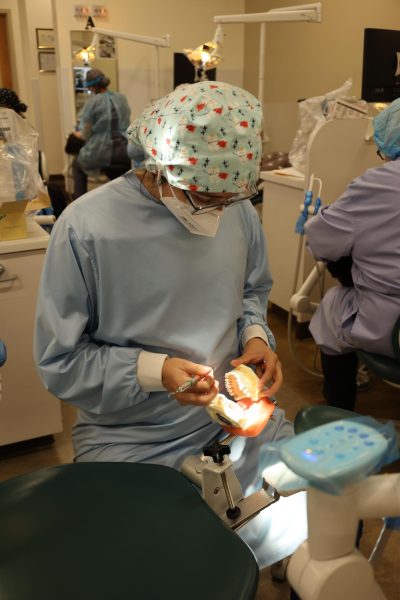
“They come in as beginners and leave as professionals. I think that’s what I enjoy the most. They come in knowing nothing, and leave with all kinds of skills and abilities to then put into practice,” Pacheco said.
Vision 2030 is an active plan “for policy reform, fiscal sustainability, systems development and for process and practice reform in the field,” according to the California Community Colleges website.
The dental hygiene program has been around since 1972 and their first graduating class was in 1974.
“It really takes a lot of these students out of poverty. And that’s the best part as well as they go out and get these really good, high paying jobs that last a lifetime,” Ewing said.

